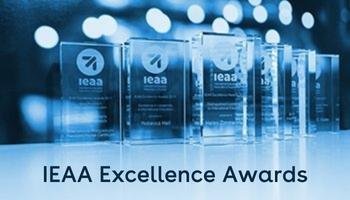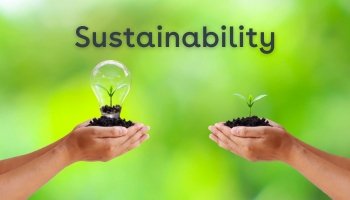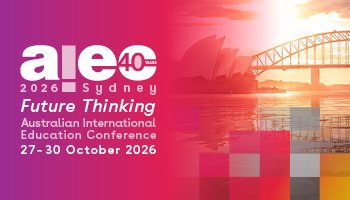Canberra - the nation's meeting place
Canberra, the capital of Australia, is a city unlike any other. Located in the Australian Capital Territory (ACT), between Sydney and Melbourne, it was purposefully chosen and designed to serve as the nation’s political and administrative heart. Established in 1913, Canberra was planned by American architects Walter Burley Griffin and Marion Mahony Griffin, who envisioned a city integrating urban efficiency with natural beauty.
The Ngunnawal people are the traditional custodians of the Canberra region, with a history spanning over 21,000 years. Their culture is deeply rooted in a spiritual, social, environmental, and economic connection to the land. The name "Canberra" originates from the Ngunnawal language, meaning "meeting place." This region served as a gathering site where the Ngunnawal would host neighbouring groups for significant ceremonies.
The city’s layout is characterised by a blend of geometric and organic forms. At its core is Lake Burley Griffin, an artificial lake named after the city’s co-designer. Surrounding the lake are iconic landmarks such as the Australian Parliament House, the National Gallery of Australia, the National Museum of Australia, and the Australian War Memorial. These institutions showcase the country’s cultural heritage, political history, and artistic achievements.
Despite its official status, Canberra has a relaxed and welcoming atmosphere. Known for its well-maintained gardens, sprawling parks, and nature reserves, the city offers a balance of urban living and outdoor activities. Residents and visitors alike enjoy cycling, hiking, and picnicking in areas like Mount Ainslie, Tidbinbilla Nature Reserve, and Namadgi National Park.
Canberra is also a hub for education and research, hosting prestigious institutions like the Australian National University (ANU). Its vibrant multicultural community contributes to a thriving food, wine, and arts scene. Annual events like Floriade, a springtime flower festival, and the Enlighten Festival, which illuminates the city with colourful projections, draw visitors from across the nation.
Modern and dynamic, yet rooted in history and nature, Canberra offers a unique blend of experiences. It’s a city designed for discovery, where every corner tells a story of Australia’s past, present, and future.
11 February - Call for proposals opens
14 March - Call for proposals closes
May - Registration open
mid-June - Program released
31 July - Super early bird registration closes
12 September - Early bird registration closes
14–17 October – AIEC 2025





